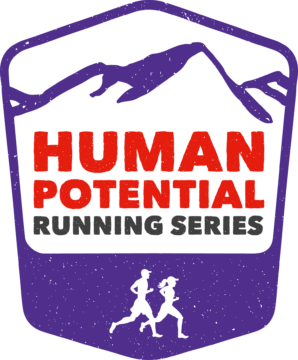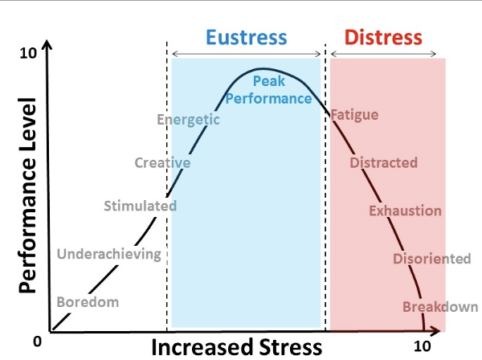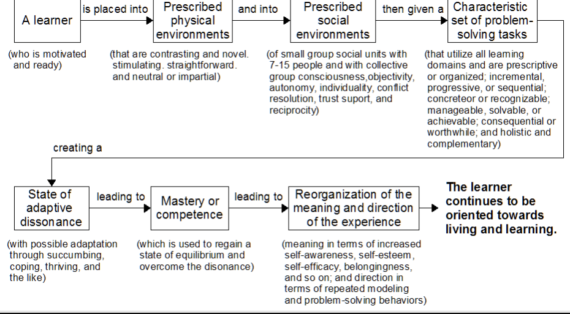
PHILOSOPHY
By now you’ve probably come to understand that our brand of trail and ultramarathon events is a little bit different. That doesn’t mean other approaches are bad. Each of us is responsible for creating our experience, and HPRS is part of the diversity of options emerging as our sport grows.
Our Philosophy: The Short Version
At HPRS, our philosophy encompasses:
- We are in this – trail running, the sport, life in general – together. Let’s connect and support each other on and off the trail. Learn more.
- An Old School Approach. Our events are a nod to trail running’s early days in that our events are BBQs, campouts, and reunions where a race just so happens to be taking place. We want to be the “Cheers” of trail running, where everybody knows your name. Learn more.
- Learning by Doing. Our events are designed to provide opportunities for people to challenge themselves within a community that values adventure and accountability. Learn more.
- Self-Reliance. Personal responsibility. Respect yourself, others, and the natural world. Run (or walk, hike, crabwalk, or cartwheel if you like) your own race. Learn more.
If it doesn’t challenge you, it can’t change you.
Lets Dig Deeper
(Click on a term below to expand the explanation)
We encourage runners and volunteers to forge new friendships, share stories, and generally care for each other on and off the trail.
We want to provide runners of all abilities, shapes and sizes opportunities to enjoy their time as explorers on unique adventures. It is what informs our ego-averse approach and allows us to facilitate a more welcoming community where all runners are recognized. No one is just a bib number.
It’s more important to us to know the answer to “Did you have a good time?” than “What was your time?” In fact, we don’t even have a podium. Our special race awards are for overcoming adversity and being DFL (dead…last).
We work with a variety of organizations to diversify our HPRS community and want every explorer to feel comfortable showing up as they are. Inclusion and Diversity at HPRS.
Our founder and race director, John Lacroix, started running ultras in 2005 on the East Coast of the United States. He continued participating in ultras after moving to Colorado in 2011 and then began organizing informal runs. The first official HPRS event was The Tommyknocker Ultras in September 2014.
John founded HPRS as a throwback to the “old days” of trail running. We want to keep costs low and provide a great experience for our explorers and volunteers. We do our best to hold entry fees down while providing a rich experience to our community. We don’t turn anyone away because of a lack of funds.
HPRS harkens back to a time when there were few (if any) lotteries, you could register on race day for a reasonable fee, everyone supported each other from start to finish, the finish line remained assembled through the final runner, each runner was more than a bib number, and races felt like a family gathering (the kind of family you choose).
HPRS provides participants with opportunities for personal growth through their running (or hiking) endeavors. Our events are designed for people to challenge themselves within a community that values adventure and accountability.
There is a method behind our madness. Our programs are designed around the Outward Bound model and experiential learning.
In 1976, Victor Walsh and Gerald L. Golins wrote a paper called “The Exploration of the Outward Bound Process” that identified key elements of the outdoor experiential learning experience:
- A learner (you) is placed into
- Prescribed physical and social environments (at an HPRS event) and given a
- Set of problem-solving tasks (course). These create a
- State of adaptive dissonance (conflict between your expectations of failure and success), leading to
- Mastery or competence (overcoming the adaptive dissonance and setting the stage for future adventures) and
- Reorganizing the meaning and direction of the experience (what you take with you into the future).
More about the Outward Bound Process.

Over the course of an HPRS event, we hope you recognize and embrace the adversity of the course. We use the adversity to create a stressful situation, a good stress, known as “eustress.” Eustress can help us grow and reach our peak performance level; this is very different than “distress” (bad stress).
That big hill toward the end of a long course? That’s eustress.
We hope once you overcome this adversity, you will emerge on the other side as a more self-actualized individual. The key is reflecting on the experience. This could be done through writing or other creative pursuit but also talking about the experience with someone else: focus on what you’ve learned and how you think it makes you better/stronger having endured it.
HPRS is built on this framework. We ask all our explorers to acquire new skills, seek out opportunities for learning, join us in adventure, and be a part of the community.
It takes a village to get everyone across the finish line, and every explorer and volunteer is a part of the village.

The HPRS philosophy is rooted in Transcendentalism. We’re a little nonconformist.
Ralph Waldo Emerson and Henry David Thoreau are key figures in the transcendentalist movement, which arose in the early 19th century and is articulated in Emerson’s essay “Self-Reliance.” The key tenets of transcendentalism include skepticism of society and institutions, reverence for nature, and following your own instincts and ideas.
We believe:
- In the inherent goodness of people and nature
- People should do what they think is right regardless of what others think
- Each person has a reservoir of untapped human potential
- The right mix of challenge and adversity allows us to tap into our potential
- By overcoming adversity, we can truly become our best selves
On the surface, it may appear that self-reliance contradicts the HPRS focus on community and creating events. Our community values adversity, recognizes it creates learning and understands that it creates growth. In some cases, we help each other process the experience, and in all cases we celebrate each other and that growth,
Even if we’re all on the same course, our journeys aren’t the same. HPRS offers a time, date, venue, course, aid stations, and logistics. Explorers take responsibility for themselves by training, knowing the routes, bringing the right gear and clothing, and planning ahead. We agree to a set of rules and regulations that promote safety and protect the lands we love.
People can create experiences for themselves, but many people don’t know how. There are a lot of logistics and safety considerations. There will always be inherent risk in trail running, but HPRS takes care of most logistics, manages safety for the overall event and removes some of the obstacles so participants can focus on their journeys.
More about Transcendentalism
